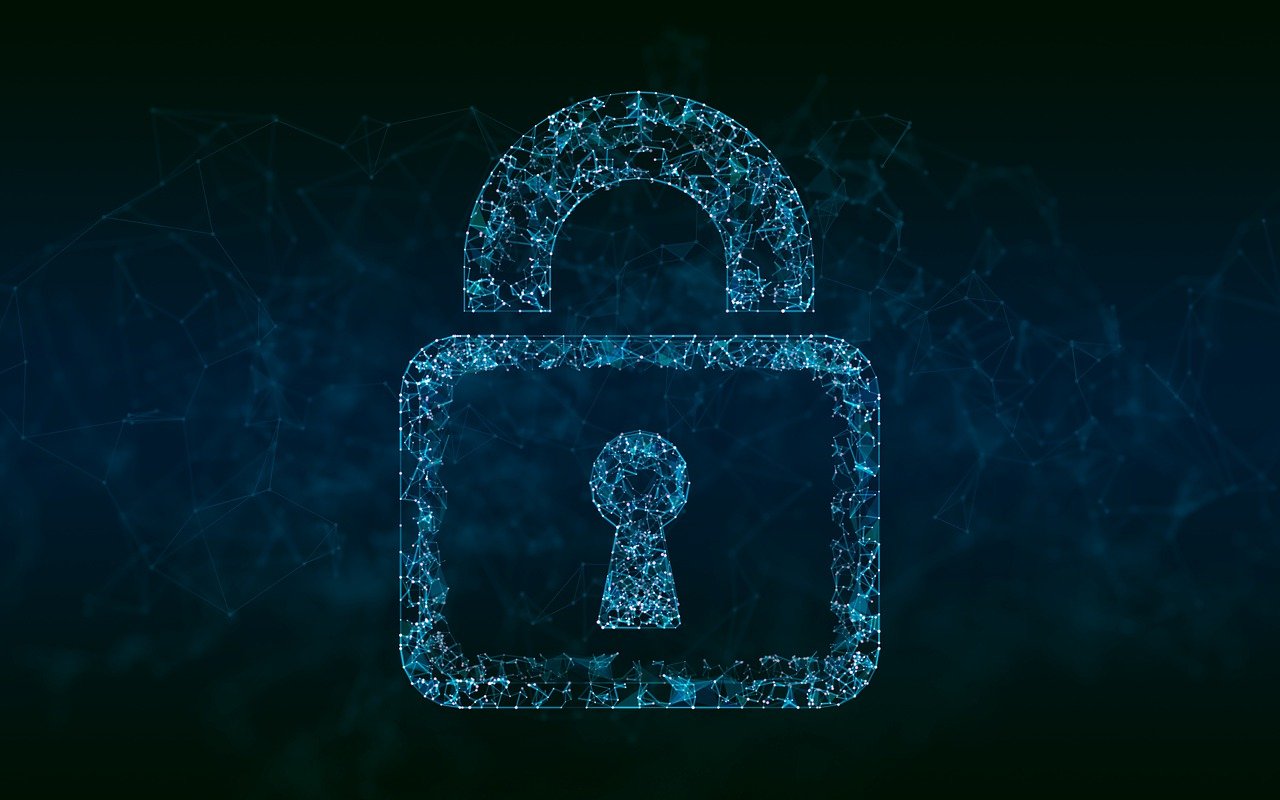· 8 min read
What is Data Ownership
Learn about data ownership and data ownership models

What is a Data Owner?
Data has emerged as one of the most valuable assets for businesses, governments, and individuals alike. With the proliferation of data-driven decision-making, the ownership, management, and governance of data have become pivotal topics. Among the various roles that have emerged to manage data effectively, the role of a “Data Owner” is of particular significance. In this article, we will explore what it means to be a data owner, the responsibilities that come with the role, and the impact of data ownership on organizations and society.
Understanding Data Ownership
Data ownership refers to the legal rights, control, and obligations over a dataset. It is a complex concept involving several dimensions, including legal, operational, and ethical perspectives. The person or entity who holds the ownership of data, termed the “Data Owner,” bears the responsibility for its protection, utilization, and compliance with applicable regulations.
Who Can Be a Data Owner?
A data owner might be an individual, a business entity, or a governmental body. The designation often depends on the context in which the data is collected and used. For instance, in a corporate setting, the data owner is usually a business unit or department that sponsors the creation and collection of the data. In contrast, in a governmental context, a data owner could be a specific agency or department.
Responsibilities of a Data Owner
Being a data owner comes with a set of critical responsibilities, which can broadly be categorized into several areas:
1. Data Governance
Data governance is the overarching framework of policies and processes that ensure the quality, security, and privacy of data. As data owners, individuals or entities must establish strong data governance protocols. This includes ensuring that data is accurate, consistent, and accessible to only those who have the authorization to use it. Data governance is crucial to prevent data silos, ensure compliance with regulations, and promote trust in data-driven decisions.
2. Data Security and Privacy
A data owner’s primary responsibility is to safeguard the data from unauthorized access, breaches, and misuse. This involves implementing robust security measures such as encryption, access controls, and auditing. Additionally, data owners must ensure that the data privacy rights of individuals are protected in compliance with laws such as the General Data Protection Regulation (GDPR) in the European Union or the California Consumer Privacy Act (CCPA) in the United States.
3. Data Quality Management
Data quality management involves maintaining the accuracy, completeness, and reliability of data. Data owners need to establish data quality standards and perform routine data quality assessments. High-quality data is fundamental to making informed decisions, optimizing operations, and achieving strategic objectives.
4. Compliance and Legal Obligations
Data owners must ensure that data handling practices comply with applicable laws and regulations. This includes understanding the legal implications of data collection, storage, and processing. Compliance is not only a legal requirement but also vital for maintaining an organization’s reputation and stakeholder trust.
5. Data Lifecycle Management
Data lifecycle management involves overseeing the data from its creation to its retirement. This encompasses data storage, archiving, and destruction when it is no longer needed. Proper lifecycle management ensures that obsolete data does not clutter systems and that sensitive data is disposed of securely.
The Impact of Data Ownership
The appointment of a data owner has profound implications for an organization and society at large. Here are some key impacts:
Enhanced Data Stewardship
With a dedicated data owner, organizations can establish accountability and transparency in data management practices. This leads to better data stewardship, fostering a culture of responsibility and ethical data use across the organization.
Improved Decision-Making
Data owners ensure that high-quality, reliable data is available to decision-makers, leading to more informed and effective decision-making. This can result in increased operational efficiencies, innovative strategies, and competitive advantages.
Mitigated Risks
By implementing stringent data governance and security measures, data owners help mitigate risks such as data breaches, legal liabilities, and reputational damage. This is particularly important in an era where data breaches can have severe financial and legal repercussions.
Regulatory Compliance
Data owners play a crucial role in ensuring that organizations meet their regulatory compliance obligations. This not only avoids legal penalties but also enhances the organization’s credibility and trust among customers and partners.
Challenges Faced by Data Owners
Despite the critical importance of their role, data owners face numerous challenges:
- Complexity: The diverse and complex nature of data ecosystems can make it challenging for data owners to effectively manage data.
- Evolving Regulations: Keeping up with the rapidly changing landscape of data protection laws requires continuous learning and adaptation.
- Resource Constraints: Data management requires significant resources, including technology and skilled personnel, which can be a constraint for data owners.
- Cultural Challenges: Promoting a data-driven culture within an organization can be difficult, especially if there is resistance to change or lack of understanding about the value of data.
Data Ownership Model
The concept of a data ownership model refers to a structured framework that defines how data ownership is allocated, managed, and utilized within an organization. This model is crucial for establishing clear lines of responsibility and accountability regarding data assets. It lays the foundation for who can access, edit, share, or delete data, thus directly influencing an organization’s data governance, security, and compliance strategies. Here’s an in-depth look at the components and benefits of an effective data ownership model.
Components of a Data Ownership Model
Role Definition:
- Data Owners: Identify individuals or teams who are responsible for overseeing specific datasets. Their role includes setting access permissions, ensuring data quality, and aligning data usage with business objectives.
- Data Stewards: Often work alongside data owners to implement and enforce data governance policies. They focus on the operational aspects of data management.
- Data Users: Defined roles regarding who can access and utilize data for analysis, reporting, and decision-making.
Access Control:
- Establish clear protocols for data access, including role-based permissions and user authentication processes. This ensures that data is only accessible by authorized personnel, mitigating the risk of breaches.
Data Lifecycle Policies:
- Define guidelines for how data is created, stored, maintained, and retired. This includes processes for archiving, backing up, and securely deleting data that is no longer needed.
Data Sharing Rules:
- Develop standards for internal and external data sharing, ensuring that data interoperability does not compromise data security or compliance.
Compliance and Legal Considerations:
- Include policies for adhering to relevant regulations and standards such as GDPR, CCPA, or Health Insurance Portability and Accountability Act (HIPAA). This component ensures that data practices are legally defensible and ethically sound.
Data Quality Assurance:
- Implement mechanisms for regular data quality assessment and improvement. This could involve routine checks for data accuracy, completeness, and consistency.
Benefits of a Data Ownership Model
An effective data ownership model can yield significant benefits for an organization:
Enhanced Data Governance:
- By clearly defining roles and responsibilities, organizations can better implement and manage data governance frameworks, thus ensuring that data is trustworthy and well-governed.
Increased Accountability and Transparency:
- With clear ownership and governance structures, it becomes easier to trace data-related activities to specific individuals or teams, enhancing accountability and transparency.
Improved Data Security and Compliance:
- By specifying access controls and compliance requirements, a data ownership model helps protect sensitive information and ensures adherence to legal and regulatory standards.
Operational Efficiency:
- Streamlined access to data and clarity on data management processes can lead to more efficient operations, as teams are better equipped to leverage data assets in real-time decision-making.
Facilitated Collaboration:
- When data sharing rules and permissions are clearly outlined, it encourages collaborative efforts both within the organization and with external partners, fostering innovation and shared insights.
Implementing a Data Ownership Model
To implement an effective data ownership model, organizations can take the following steps:
- Conduct a data audit to inventory existing data assets and identify stakeholders.
- Define clear roles and responsibilities for data owners, stewards, and users.
- Develop and document policies and procedures for data management, access, and sharing.
- Implement technology solutions that support data governance and security.
- Foster a culture of data literacy and responsibility across the organization through training and communication.
- Regularly review and update the data ownership model to reflect changes in technology, regulations, and organizational needs.
In conclusion, a well-structured data ownership model is instrumental in maximizing the value of data assets while minimizing risks associated with data mismanagement. By delineating ownership and rights, organizations can unleash the full potential of their data in a responsible and effective manner.
Conclusion
A data owner plays a pivotal role in the modern data landscape, ensuring that data is managed responsibly and effectively. Their responsibilities encompass data governance, security, quality, compliance, and lifecycle management. Despite the challenges, effective data ownership is fundamental to realizing the value of data, optimizing decision-making, and fostering trust in data-driven practices. As the data landscape continues to evolve, the role of the data owner will undoubtedly become even more critical, necessitating ongoing adaptation and commitment to best practices in data management.

